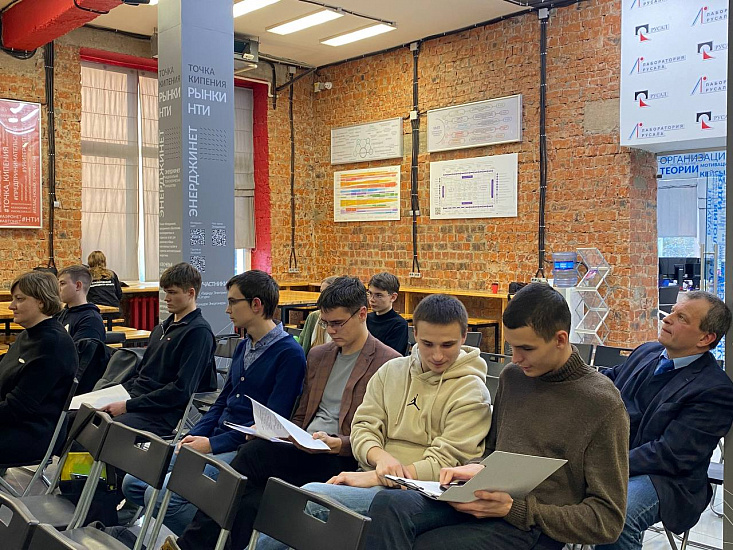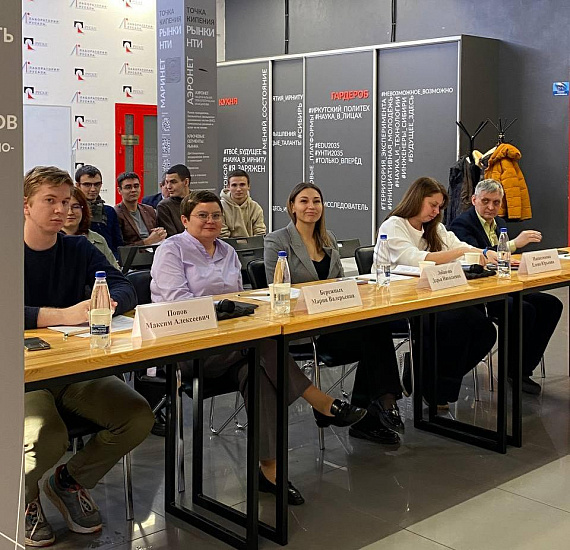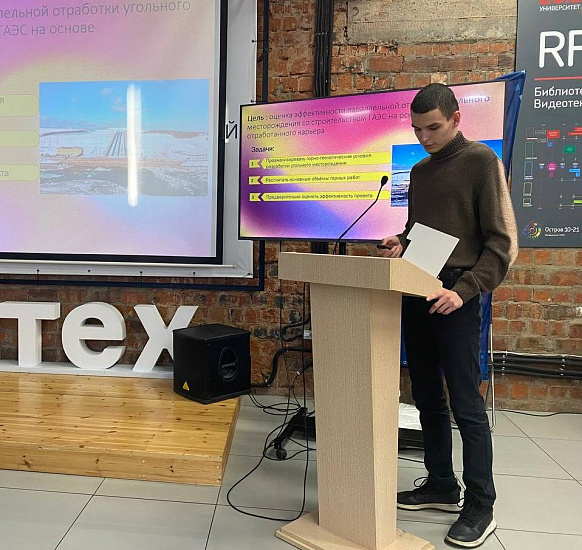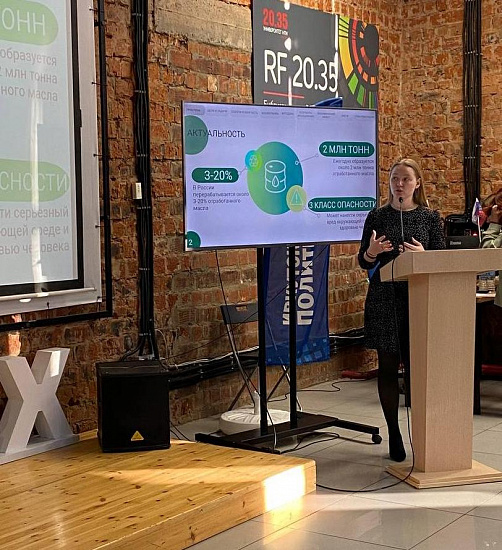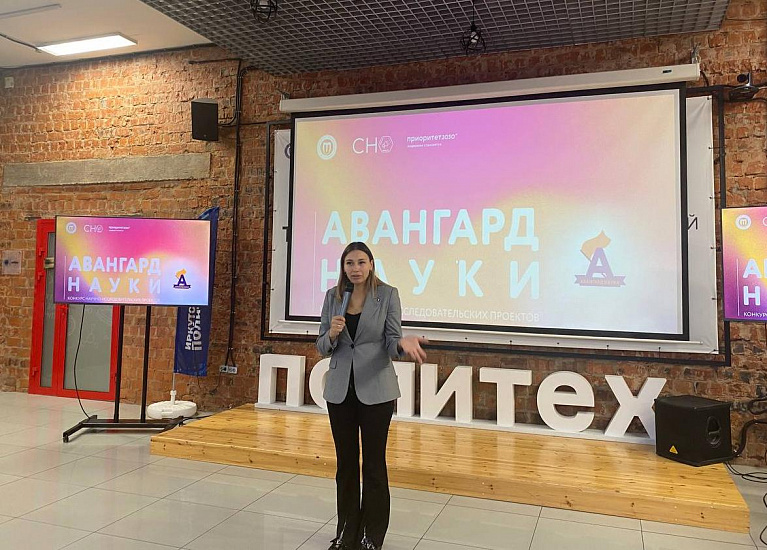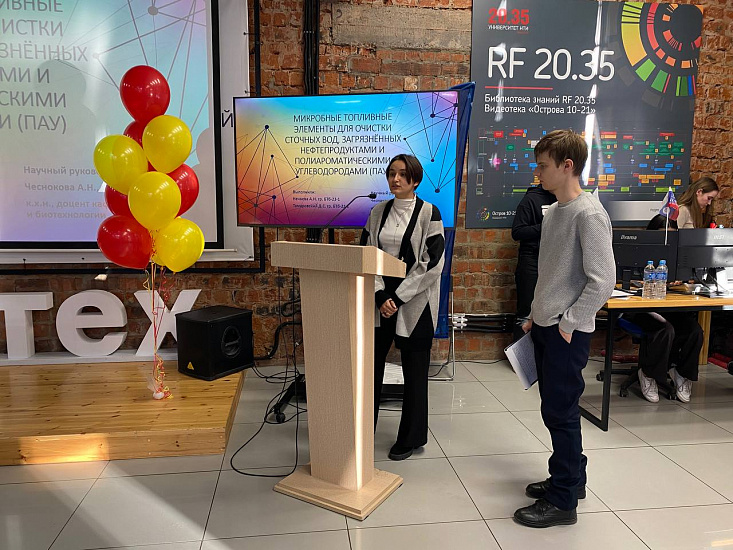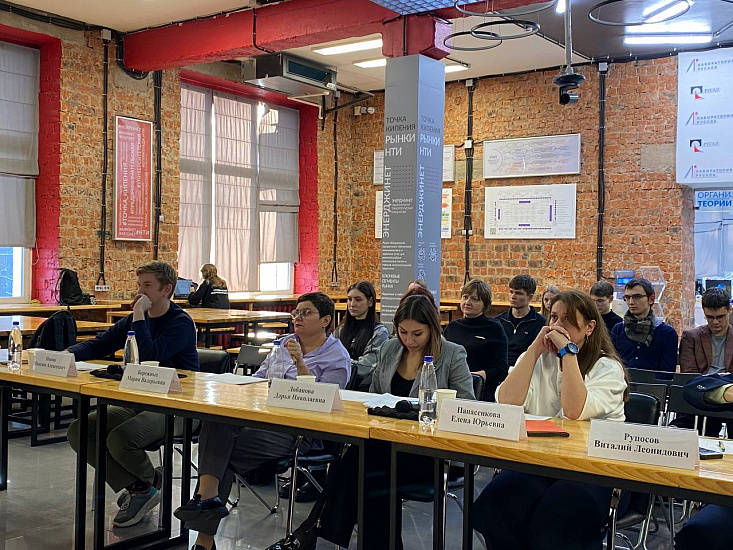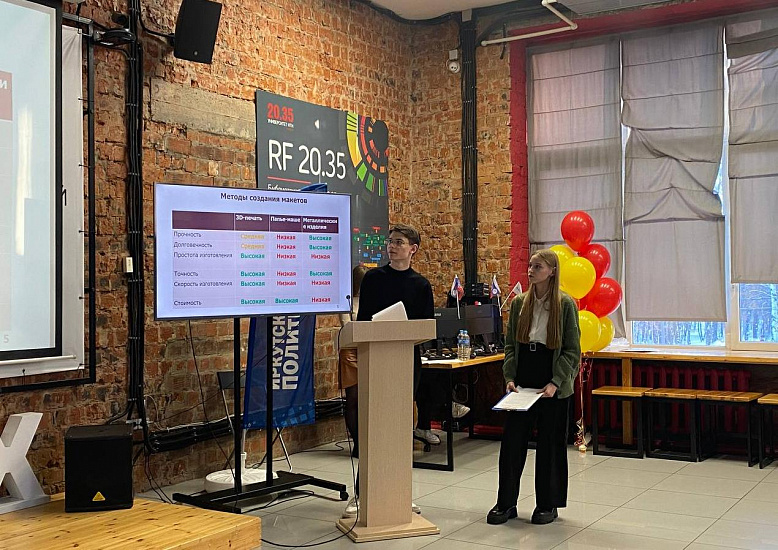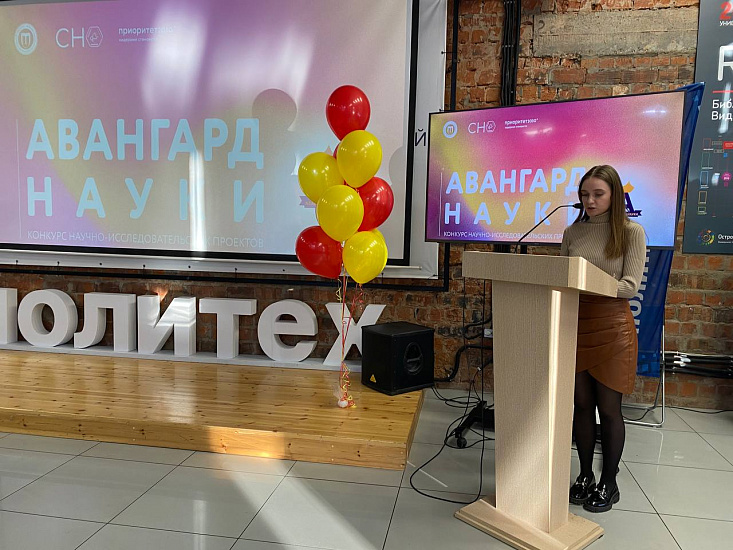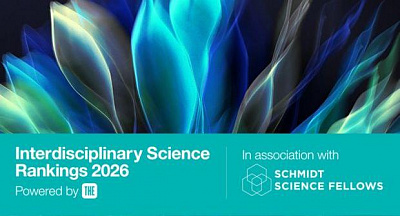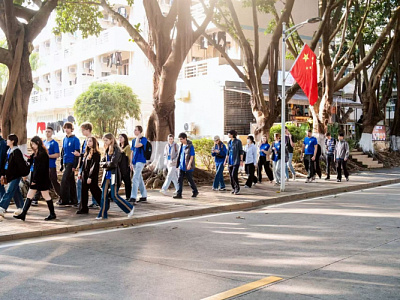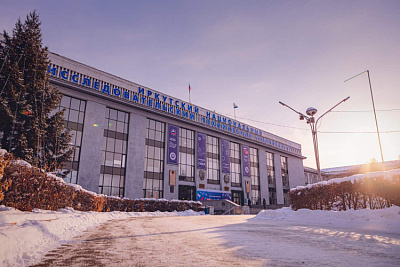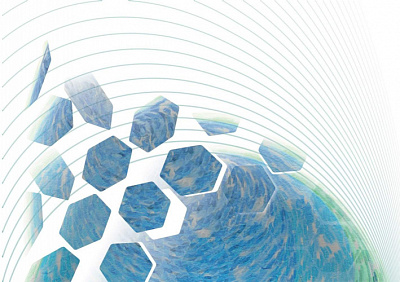"Vanguard of Science" at INRTU: Students Develop Microbial Fuel Cells and Optics for Insect Control
On December 6, INRTU summed up the "Vanguard of Science" competition. Authors of six projects in the IT sphere, resource saving, ecology, and oil and gas business received grants of 30 thousand roubles. The certificates were presented to the INRTU students by Daria Lobanova, Vice-Rector for Youth Policy.
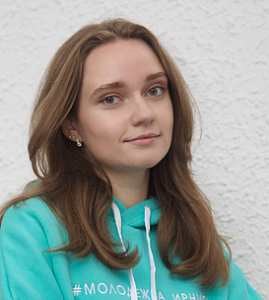
The event was opened by Svetlana Diripasko, Head of the Department of Research and Entrepreneurial Activities of Students at the University's Tochka Kipeniya ("Boiling Point") co-working center. According to her information, the competition is oriented to 1-3 year students who have an aptitude for invention, engineering, and technical creativity. Before the project presentations, there was a business game, a course of lectures, consultations, and a meeting with Daria Lobanova. In total, the project brought together 17 participants who presented 11 research projects.
The participants' performances were evaluated by Daria Lobanova, Elena Panasenkova, Head of the Department of Scientific Activity, Maria Berezhnykh, Head of the Department of Management, Vitaly Ruposov, Associate Professor of the Department of Surveying and Geodesy, and Maxim Popov, Assistant of the Laboratory of Network Systems and IT Infrastructure.
The most successful "Vanguard of Science" was for the students of the Department of Chemistry and Biotechnology named after V.V. Tuturina, working under the guidance of Associate Professor Alexandra Chesnokova. Anna Grogul and Tatiana Prikhodko propose to purify wastewater from nitrates using microbial fuel cells. Denis Tamarovsky and Alexandra Nechaeva use a similar technique to remove oil products and polyaromatic hydrocarbons (PAHs) from water. Future biotechnologists will combine grants to present versatile devices.
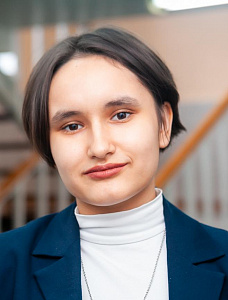
‘The relevance of the project that Denis Tamarovsky and I are working on is that one drop of petroleum makes 25 liters of drinking water unusable. Even in small quantities, hydrocarbons are harmful to the human heart, blood vessels, and nervous system and threaten fish and aquatic plants with extinction. Oil and its derivatives get into water bodies as a result of accidents and violations of transport rules and the discharge of effluents by industrial enterprises. In case of exceeding MPC of substances in wastewater, companies pay fines. To avoid this, various methods of waste treatment are used, including biological ones.
We all consider the application of microbial fuel cells to be the most promising. However, everyone works in their own way—Denis and I develop membranes, Anna Grogul and Tatyana Prikhodko create electrodes, and the cells are common. That is why we will unite to present an integrated solution. It is especially valuable that Denis Tamarovsky has experience in this area at the Research Institute of Biology of the ISU’, - said Alexandra Nechaeva.
Pavel Sobolev (Baikal School of BRICS), who controls the quality of video recordings using neural networks, and Maria Ivanova (Institute of High Technologies), the author of resource-saving technologies of plastic lubricants, also won the Vanguard of Science grant. The grant winners were Maria Ivanova and Yana Konstantinova from the Institute of Subsoil Use, who are improving the methodology for assessing the quality of cement mortars. Arseniy Gorshkov, a first-year student of the Institute of Aircraft Engineering and Transport, received financial support from the university for the development of an optical system for the detection and destruction of insect pests.
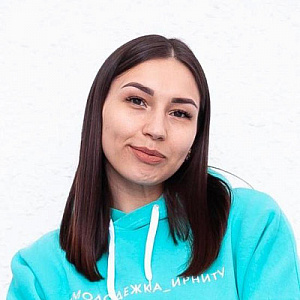
‘Every year the "Vanguard of Science" participants improve their preparation quality. This is largely the merit of professors, who reveal talents and help to find relevant topics. Winning the competition is only the beginning; you will have to work on your projects to such an extent that they go beyond the university and are applied in industry,’ emphasized Daria Lobanova.
Elena Panasenkova commented on the results of the Science Vanguard-2024:
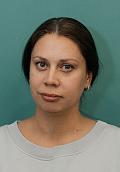
‘The competition is the first step on the way to great science. We are convinced today that our students have professional knowledge and are capable of interdisciplinary research. Some students have prepared high-quality literature reviews and will soon be able to write scientific articles’.
